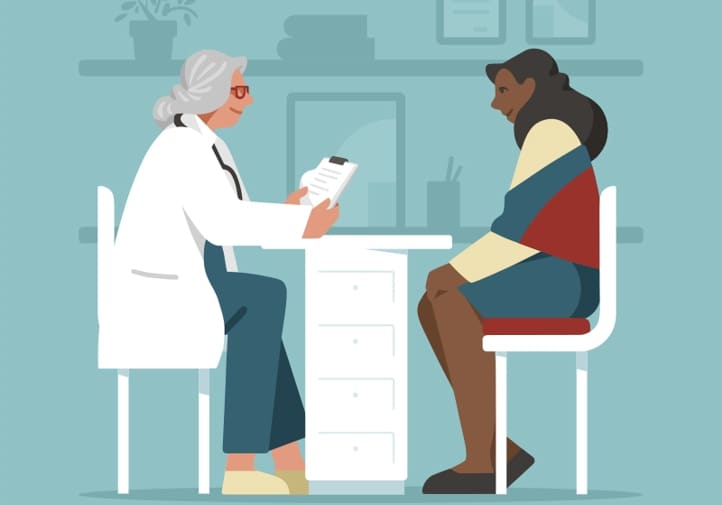Gynecologic Cancer Awareness
Not Just Words
This video discusses the importance of knowing the signs and symptoms of gynecologic cancer.
All women are at risk for gynecologic cancers. Learn how to lower your risk.
Gynecologic cancers are cancers of women’s reproductive organs. The five main types are cervical, ovarian, uterine, vaginal, and vulvar cancer.
What Are the Symptoms?
These could be symptoms of a gynecologic cancer—
- Pelvic pain or pressure that doesn’t go away, and you don’t know why.
- Feeling too full, too fast, even when you eat just a little.
- Unusual vaginal bleeding, like having longer or heavier periods than what’s normal for you, or bleeding after you’ve gone through menopause.
If you notice anything unusual and it goes on for two weeks or longer, see a doctor. It may be nothing, but find out for sure.
How Can I Lower My Risk?
You can lower your risk for some gynecologic cancers with a vaccine and screening tests.
Hereditary Ovarian Cancer
Several hereditary conditions can raise your chance of getting cancer. Two of the most common are hereditary breast and ovarian cancer and Lynch syndrome. If you have a family history of breast or ovarian cancer, you may have a higher ovarian cancer risk. Talk to your doctor about ways to reduce your risk.
Family Health History and Cancer























.png)












No hay comentarios:
Publicar un comentario